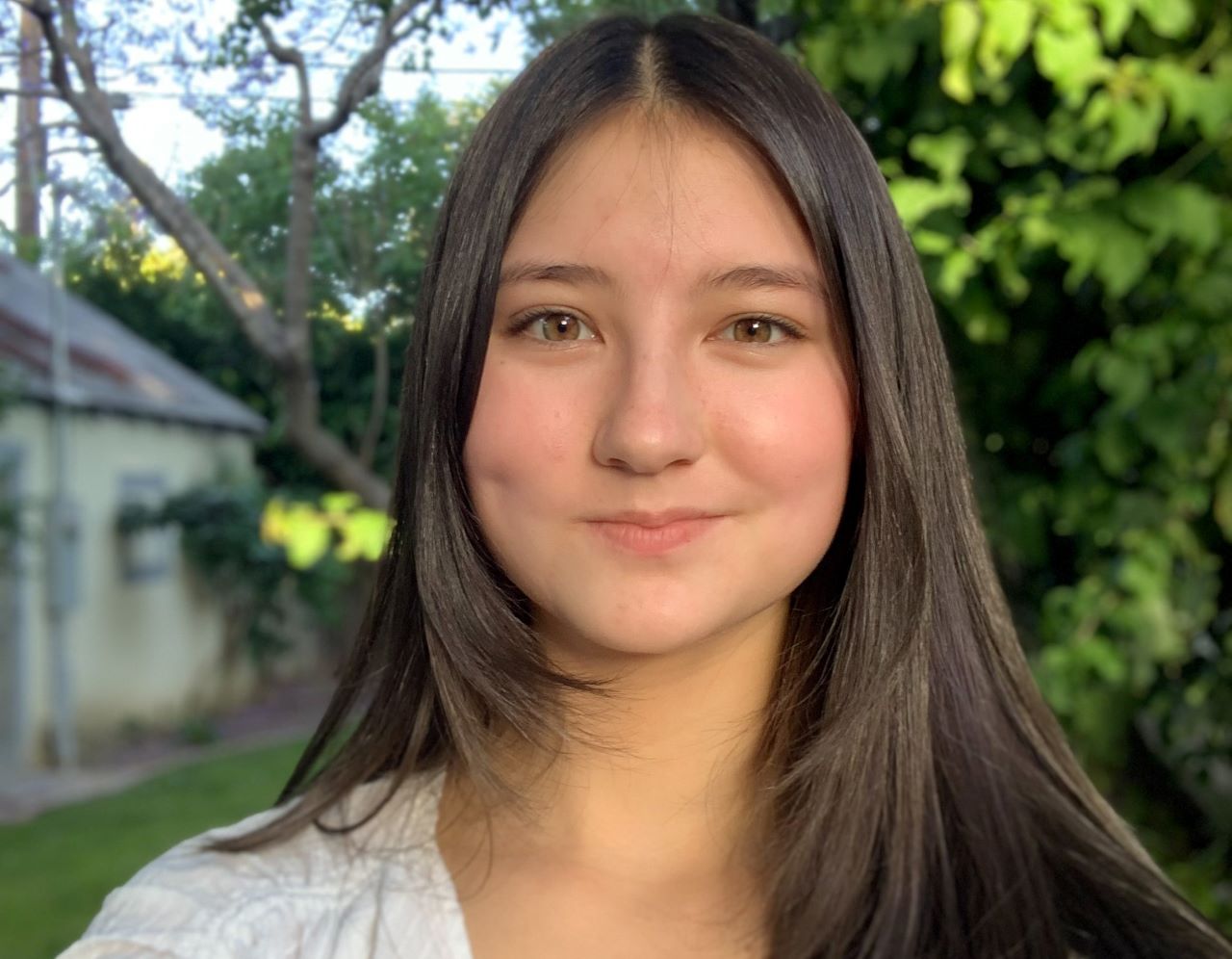Meet Casey and Project MARS
Since 2016 there has been a FIRST® Tech Challenge team in Los Angeles working to provide STEM opportunities not only for students on their own team, but for their greater community as well. Team 11770 “Curiosity” has many initiatives to bring FIRST® and STEM learning opportunities to as many students as they can. As a team of girls and gender minorities, the students on Curiosity have taken a great interest in community activism and have established a large presence in FIRST community-driven organizations such as #FIRSTLikeAGirl.The team members have also held engineering workshops and partnered with local organizations to give talks on their engineering design process.
We had the pleasure of catching up with Casey, a senior on Team Curiosity, to talk about a project called MARS, which stands for Mentoring & Advocacy in Robotics and Science. Casey serves as the project lead and shares that this initiative is all about bringing FIRST and STEM to underserved elementary students who otherwise wouldn’t have access to these programs. Their goal is to have students teaching students to help kids explore the boundaries of SPACE: Science, Programming, And Creative Engineering.
Learn more about Casey, her experience with FIRST, and why she’s so passionate about Project MARS below.
FIRST Staff: How did you get involved with FIRST?
Casey: I joined my school’s FIRST Tech Challenge program when I first started 9th grade. I had no robotics experience, and generally considered myself a “biology person.” Over the course of my first year on the team, I fell in love with engineering, FIRST Tech Challenge, and most importantly, with my team.
FIRST Staff: What skills have you gained through FIRST?
Casey: One of the biggest skills I’ve learned through FIRST is technical presentation. Learning how to discuss the mechanics of our robot in a concise, and yet detailed manner is something that I didn’t expect to spend so much time on, but I am so grateful that we have. On top of that, networking with other teams and organizing outreach events taught me skills that I will use for the rest of my life.
FIRST Staff: What inspired you to teach STEM skills to students at underserved schools through project MARS?
Casey: We recognized how fortunate we are to have the opportunities in STEM education that we do, and we wanted to give those same opportunities to students who may not otherwise have them!
FIRST Staff: What is your role within the project?
Casey: I'm the student lead for the project, but the whole team is very involved! I reached out to the organizations that we worked with to set up partnerships, and we all worked together to develop lesson plans, and teach these lessons to our students.
FIRST Staff: How did you decide what to teach the students?
Casey: As a team, we value using our engineering-based skills not only in FIRST, but also in everyday problem-solving and collaboration. We wanted to teach this creative and iterative form of approaching problems through the same fun activities that were used to teach us: group engineering games. We taught specific concepts like structure and force through building challenges and group experimental time. Then we had cumulative lessons that combined concepts that we’d already covered, putting these ideas into context.
FIRST Staff: What kind of reactions did you get from the kids you were teaching?
Casey: The kids have a ton of fun! They get to play fun games with their classmates, have some friendly competition, and most importantly, learn about STEM concepts! For our team, it is so rewarding for us to share our own passions and foster them in young students.
FIRST Staff: Do you have plans to continue this project?
Casey: Yes! Our team is definitely going to continue with this project. In fact, this year, we are working to start a FIRST® LEGO® League Explore team with some of the kids that we taught last year, in addition to continuing STEM classes for new students!
FIRST Staff: Why is local outreach important to you and your team?
Casey: All of us are from Los Angeles, and some of us, me included, went to schools similar to the ones that our students [in Project MARS] attend. LA is such a big city, with such a wide range of accessibility in terms of education. We are in the lucky position to be able to share our resources and passions, and home is the perfect place for us to start. Our community gives us so much, and we want to give back!
FIRST Staff: What advice do you have for students who want to get involved with STEM but don’t know where or how to start?
Casey: The internet is a great resource for this! Finding local programs, webinars, and resources can give anyone a great start into learning STEM subjects. It is also super helpful to reach out to a STEM teacher at your school, you can help you find these resources and opportunities. And remember, so many things can contribute to a STEM education - watching documentaries and YouTube videos, reading news articles and books, and taking extra time to study in your school STEM classes are accessible and fun ways to get started!
